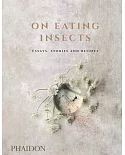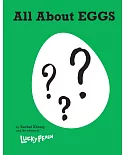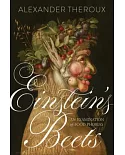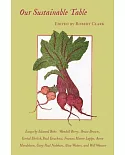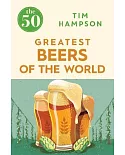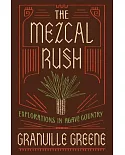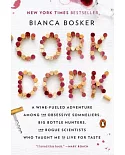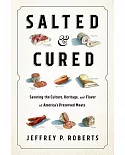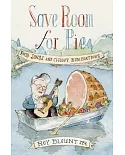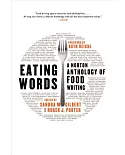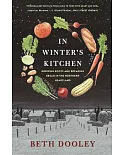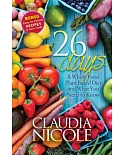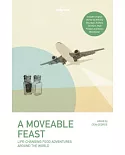Perennially viewed as both a utopian land of abundant resources and a fallen nation of consummate consumers, North America has provided a fertile setting for the development of distinctive
foodways reflecting the diverse visions of life in the United States. Immigrants, from colonial English Puritans and Spanish Catholics to mid-twentieth-century European Jews and contemporary
Indian Hindus, have generated innovative foodways in creating “new world” religious and ethnic identities. The Shakers, the Oneida Perfectionists, and the Amana Colony, as well as 1970s
counter-cultural groups, developed food practices that distinguished communal members from outsiders, but they also marketed their food to nonmembers through festivals, restaurants, and
cookbooks. Other groups—from elite male dining clubs in Revolutionary America and female college students in the late 1800s, to members of food co-ops; vegetarian Jews and Buddhists; and
“foodies” who watched TV cooking shows—have used food strategically to promote their ideals of gender, social class, nonviolence, environmentalism, or taste in the hope of transforming
national or global society.
This theoretically informed, interdisciplinary collection of thirteen essays broadens familiar definitions of utopianism and community to explore the ways Americans have produced, consumed,
avoided, and marketed food and food-related products and meanings to further their visionary ideals.


